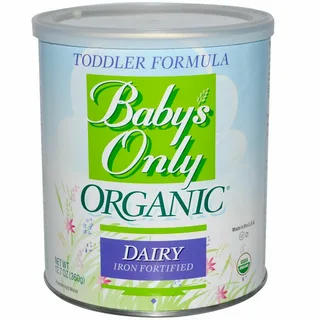Formula for babies with allergies is a crucial consideration for parents navigating feeding options for their infants. Finding the right formula that meets your baby’s nutritional needs while managing allergies requires careful understanding and selection. Here’s a comprehensive guide to help you navigate this important decision.
Understanding Allergies in Babies
Babies can develop allergies to various components found in formula, such as cow’s milk protein, soy, or lactose. Symptoms may include skin rashes, digestive issues like vomiting or diarrhea, or respiratory problems. It’s essential to recognize these signs early to address potential allergies promptly.
Types of Formula for Babies with Allergies
- Hypoallergenic Formulas
Hypoallergenic formulas are specially formulated to minimize the risk of allergic reactions. They often contain extensively hydrolyzed proteins, which are broken down into smaller, easier-to-digest parts, reducing the likelihood of triggering allergies. - Elemental Formulas
Elemental formulas take hypoallergenic a step further by using amino acids instead of whole proteins. These are typically prescribed for babies with severe allergies who cannot tolerate even extensively hydrolyzed formulas. - Soy-Based Formulas
Soy-based formulas are an alternative for babies allergic to cow’s milk protein. However, some babies allergic to cow’s milk protein may also react to soy, so careful monitoring is essential.
Choosing the Right Formula
When selecting formula for babies with allergies, consult with your pediatrician to determine the most suitable option based on your baby’s specific allergies and nutritional needs. Consider factors such as the severity of the allergy, the baby’s age and weight, and any other health conditions.
Managing Allergic Reactions
Monitor your baby closely after introducing a new formula. If you notice any signs of an allergic reaction, such as rash, swelling, or difficulty breathing, seek medical attention immediately. Your pediatrician can guide you on steps to manage allergies effectively.
Conclusion
Choosing formula for babies with allergies requires careful consideration and expert guidance. Understanding the types of formulas available and monitoring your baby’s reactions are crucial steps in ensuring their health and well-being. Always consult with healthcare professionals to make informed decisions that meet your baby’s specific nutritional needs while managing allergies effectively.
By following this guide, you can navigate the complexities of formula for babies with allergies confidently, ensuring your baby receives the nourishment they need without compromising their health.




